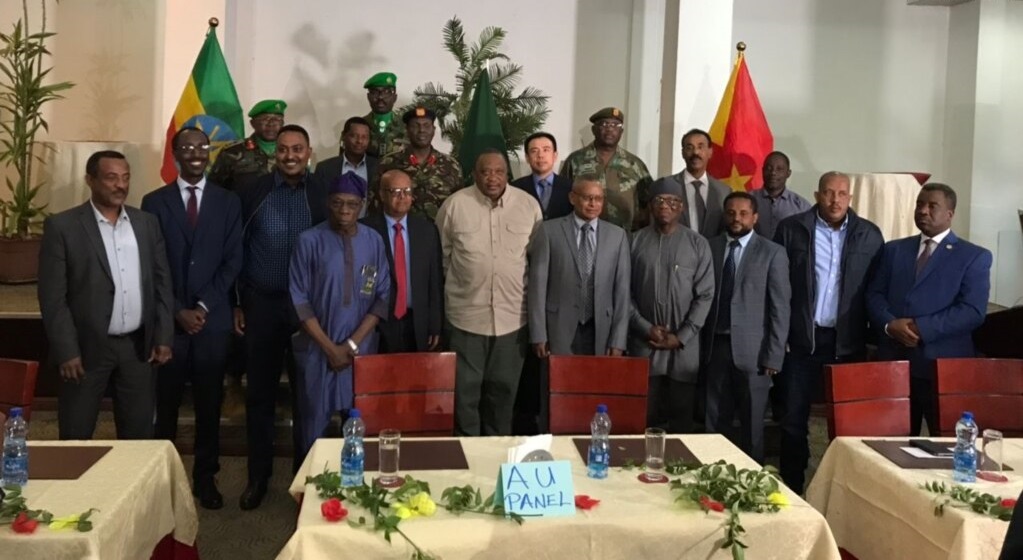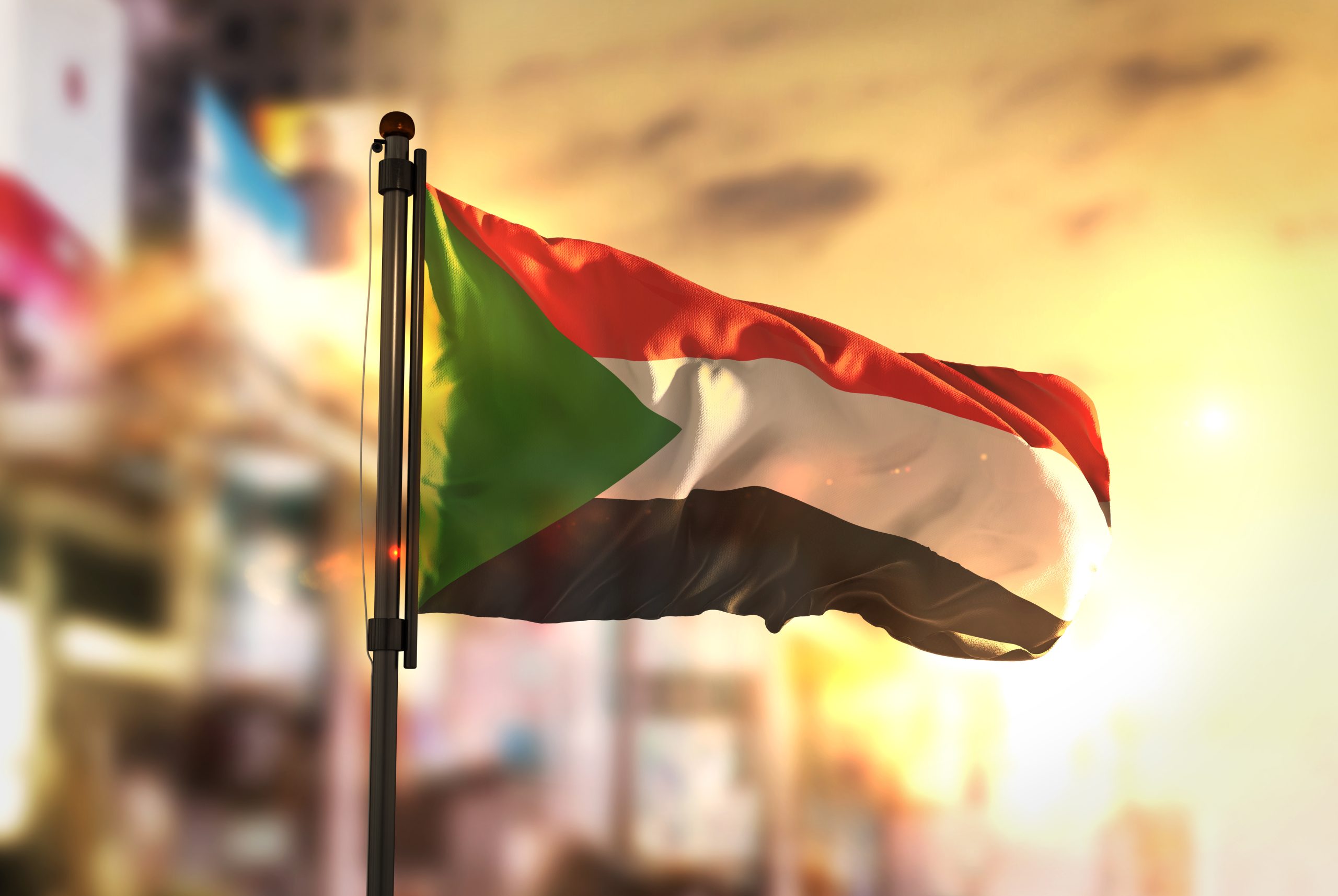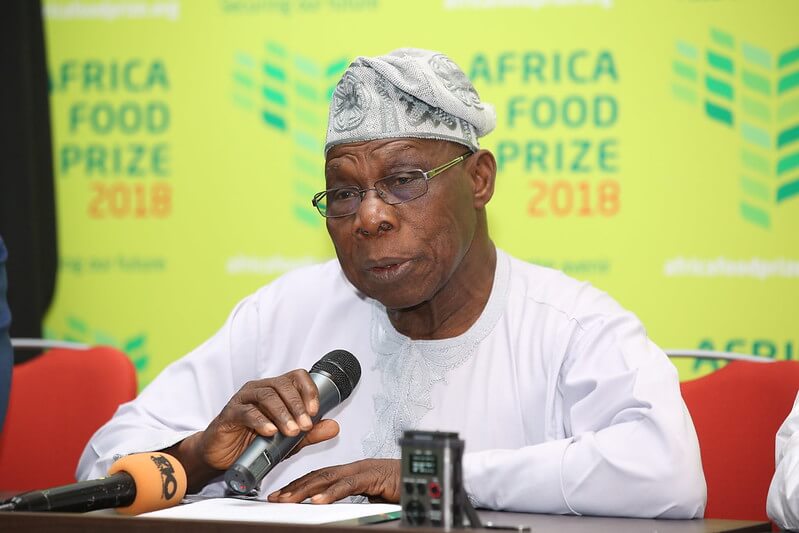Excerpt from a review of: Katri Merikallio and Tapani Ruokanen, The Mediator: A biography of Martti Ahtisaari (translated from the Finnish by David Mitchell and Pamela Kaskinen), London, Hurst, 2015. Full review published by the Times Literary Supplement.
How did a small town high-school graduate with no formal qualifications become one of the world’s favourite fixers of apparently insoluble problems? Martti Ahtisaari was not only all of these things, but also, in his own words, ‘I was a civil servant who happened to slip into office because the Finnish people were tired of ordinary politicians.’ (p. 208) The office he ‘slipped into’ was the presidency, for a single term (he chose not to run again) from 1994 to 2000.
[…]
For the international mediator, it’s not his war: he is neither tainted by the crimes nor related to the victims. But his conscience is also on the table, and he may believe in peace not as an exercise in political calculus, but as a humanitarian necessity. He doesn’t choose the parties or the dispute, and his control is limited to skill in handling the agenda, and moral suasion.
Ahtisaari is frank about dealing with war criminals. Asked to mediate over the Kosovo war, Ahtisaari walked straight up to Slobodan Milosevic, shook him by the hand, and addressed him as ‘Mr. President.’ Ahtisaari also told Milosevic that the Prosecutor of the Yugoslav tribunal would be seeking an arrest warrant for him, and there was nothing he, Ahtisaari, could do about it. In common parlance, ‘speaking diplomatically’ means obscuring an unpleasant reality. A better meaning would be courteous candour.
Called upon to facilitate a peace agreement in the Indonesian province of Aceh, Ahtisaari was candid in his concerted efforts to control the agenda of the talks, and equally frank that at any agreement reached could not be enforced with international troops. Ahtisaari seeks peace not through an impartiality of equidistance between the warring sides, but because he believes in peace.
Merikallio and Ruokanen’s book contributes to the long-running debate on what the academy can contribute to the craft of conflict resolution. Ahtisaari is no intellectual, and this biography has scant reference to any scholarly contributions to his thinking or the key decisions he made therein. It makes an interesting comparison with another recent peacemaker’s memoir, The Fog of Peace, an account by Jean-Marie Guéhenno of his eight years head of peacekeeping at the United Nations. Guéhenno is a wholly different kind of international civil servant: an avid reader and a philosopher. In his prologue, Guéhenno confesses that when in office he read neither political science nor ‘how to’ books and reports with their detailed recommendations for how to solve international crises. He didn’t find them useful. Rather, he writes, ‘What I needed was the fraternal companionship of other actors before me who had had to deal with confusion, grapple with the unknown, and yet had made decisions.’ Peacemaking is its own school, and Artisaari is a master.
Reference:
Jean-Marie Guéhenno, The Fog of Peace: A memoir of international peacekeeping in the 21st century, Washington DC: Brookings, 2015.


